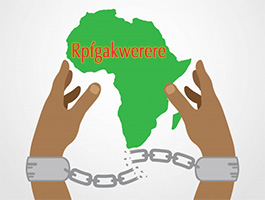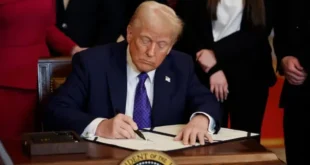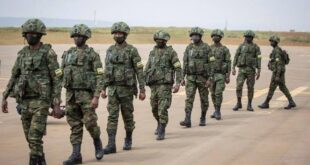(Bloomberg) — Senegal’s top court rejected President Macky Sall’s bid to postpone elections, raising uncertainty in the West African nation that’s traditionally been one of the continent’s most stable democracies.
The Constitutional Council ruled that parliament’s adoption of a law delaying the vote and extending Sall’s term for at least 10 months is illegal.
“The president doesn’t have the authority to postpone or cancel elections” and his mandate “cannot be extended,” the council said in a decision announced late Thursday in the capital, Dakar. A vote should be held “as soon as possible,” it said.
Sall triggered a political crisis in the country that’s on the cusp of becoming a major gas producer when he canceled the vote scheduled to take place Feb. 25. Lawmakers then agreed to reschedule the polls to Dec. 15 and extend Sall’s mandate until a successor takes power. Opposition leaders decried the move as a “constitutional coup” and challenged the delay in court.
The political crisis has unnerved investors. The yield on its 10-year dollar debt has risen almost 100 basis points since Sall’s decision on Feb. 4 to postpone the vote. The rate on its 2033 bonds closed at 9.22% in London on Thursday, compared with 8.39% on Feb. 2.
Senegal’s dollar bonds are the worst-performing year-to-date in an index of emerging and frontier sovereign dollar bonds. They’ve handed investors losses of 7.7%, compared with the average loss of 1.6% for peers.
The dispute over the election date adds to growing instability in Senegal. Sporadic and increasingly violent protests began in March 2021, when opposition leader Ousmane Sonko was arrested and charged with rape. The popular politician was subsequently convicted of corrupting a minor and charged with plotting an insurrection, and excluded from the ballot.
A crackdown on dissent by the authorities and the targeting of Sonko’s supporters has led to such a deterioration in civil liberties that one advocacy group that monitors human rights globally has ranked Senegal alongside countries run by military juntas.
The government has cut access to mobile internet services at least twice in the past two weeks to block what the Communications Ministry described as “hateful and subversive” messages being posted online that have spurred “violent protests and deaths.”
Senegal imposed the highest number of internet restrictions in Africa last year, according to VPN-provider Surfshark. The country’s economy lost as much as $57.5 million in 2023 because of the shutdowns, according to Top10VPN, a VPN reviewer.
The president has defended his decision to delay the vote, saying the country needs time to resolve a controversy that erupted over the disqualification of some candidates from the vote.
The 20 candidates validated by the council on Jan. 20 to run in the election remain eligible, the court ruled on Thursday.
That means Karim Wade — the son of Sall’s predecessor, Abdoulaye Wade — who was eliminated as a candidate by the council because he held dual citizenship with France when he filed his candidacy, remains out of the contest. Wade’s Senegalese Democratic Party had sought a six-month postponement of the vote, citing irregularities in the Constitutional Council’s validation process.
 Africa Just another WordPress site
Africa Just another WordPress site


